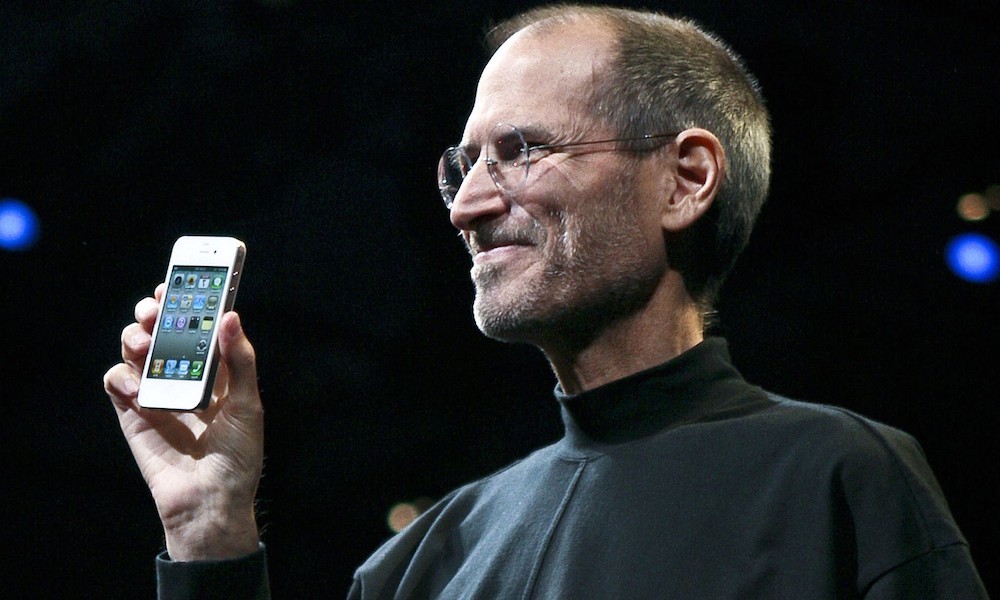How the ‘Coach of Silicon Valley’ Determined Steve Jobs Was a Leader
 Credit: Harlar Khan / Flickr CC
Credit: Harlar Khan / Flickr CCToggle Dark Mode
How do you determine if someone is a good leader? Is it measured by their ability to drive a team in synchrony towards achieving an ultimate goal? Is it a reflection of one’s personality, their attributes, and how they treat those in positions below them? Or is it merely a measurement of “just how far” they’ve come in life — a broader reflection of their title, status, wealth, or other accolades?
Of course, while the textbook definition of “leadership” is as broad as the qualities that best exemplify it, according to one of Silicon Valley’s most highly-regarded leaders of the last century, it’s actually “the opinions of those you’re supposed to be leading” which best define whether or not you’re a true leader.
Now, that might seem like an unconventional method of discerning leadership as a quality; however it was nevertheless a litmus test, of sorts, used by the late Bill Campbell in his discernment of who in Silicon Valley is a true leader.
Who Is Bill Campbell?
William ‘Bill’ Campbell, a Columbia University graduate, served as Apple’s Vice President of marketing in the 1990s prior to Steve Jobs returning to the helm. From there, he went on to establish a reputation as “the coach” of Silicon Valley, according to Business Insider. And prior to his unfortunate passing in April, 2016, Campbell was most notably a mentor to some of the most prominent names in tech, including Steve Jobs, Amazon founder Jeff Bezos, as well as Google co-founders Larry Page and Eric Schmidt.
Leadership Is Earned
In an even more recent interview with Business Insider, Apple’s former CEO John Sculley (who served as the company’s top boss during Steve Jobs’ absence in the 1990s) reflected on the best advice Campbell ever gave him, saying the mogul once told him that “Your title makes you a manager. Your people will decide if you’re a leader. And it’s up to you to live up to that.”
“The reality is that you have to earn leadership from the people that you’re working with and who are working for you,” Campbell told his former boss, citing that he’d come to said realization of what leadership means based on his work with Steve Jobs. “The title doesn’t mean much unless you can earn their respect as a leader.”
Campbell’s other, more notable accomplishments include his founding and sale of GO Corporation, which was acquired by AT&T in 1993, as well as being elected Chairman of the Board of Trustees at Columbia University in 2005. He also served as the CEO of Intuit, creators of the popular QuickBooks personal and business finance software, from 1994 to 1998.
Weighing in on Campbell’s impact, Intuit’s current CEO, Brad Smith, echoed Sculley’s sentiments with regards to the mogul’s game-changing advice on what defines leadership, indicating that it was “some of the best career advice” he’d ever received from anyone.
“Basically, how you make that happen is if you believe that leadership is not about putting greatness into people, leadership is about recognizing that there’s a greatness in everyone and your job is to create an environment where that greatness can emerge,” Smith said, while adding “That’s our definition of leadership. We don’t think leadership is the same as people management.”






